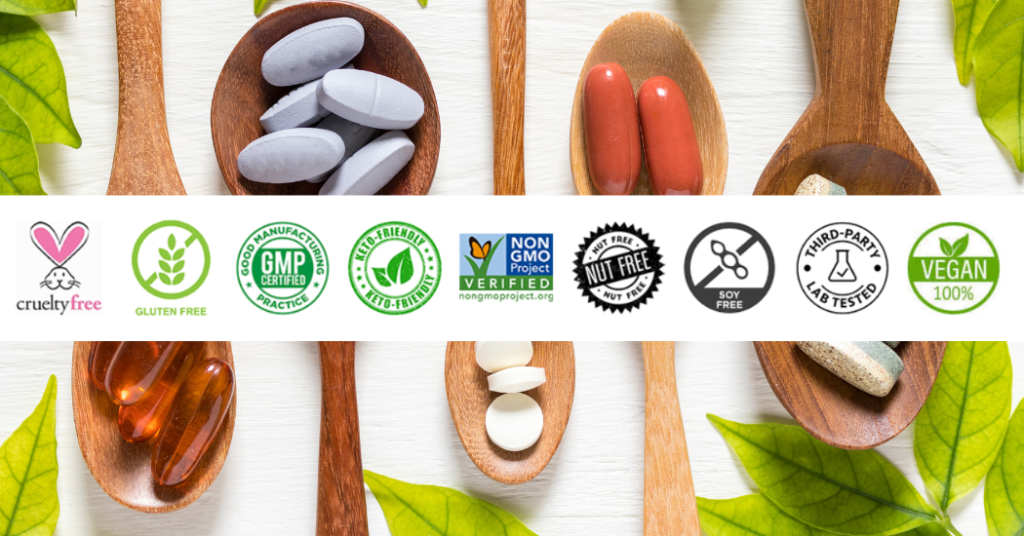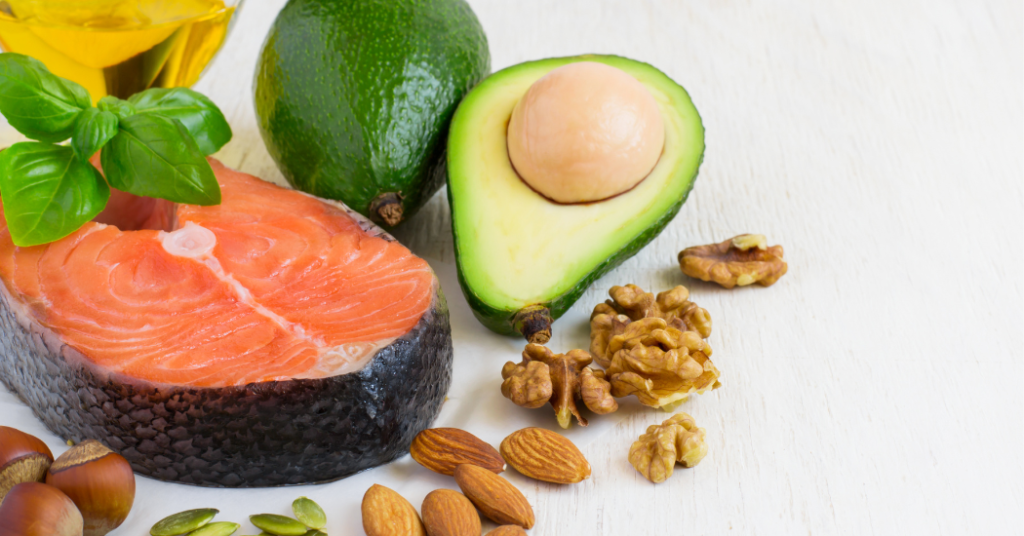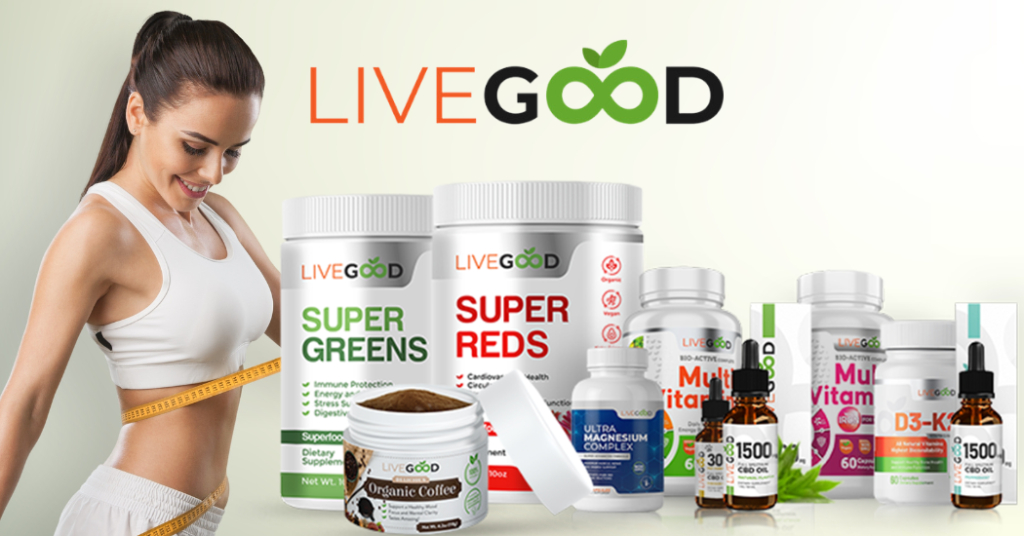In our quest for optimal health, we often turn to vitamins and supplements to bridge the nutritional gaps in our diets. However, it’s not enough to simply take these supplements; we need to ensure that our bodies are effectively absorbing the nutrients they provide. The absorption of vitamins and minerals is a complex process that can be influenced by various factors. In this article, we will explore the intricacies of supplement absorption and provide you with tips on how to maximize the benefits of your supplements.
Understanding Supplement Absorption
Our bodies are intricate machines, finely tuned to absorb the nutrients necessary for optimal functioning. However, not all vitamins and minerals are created equal, and our bodies absorb them differently. To get the most out of your supplements, it’s important to understand your body’s unique absorption abilities.
Fat-soluble vs. Water-soluble Vitamins
Vitamins can be categorized into two main types: fat-soluble and water-soluble. Fat-soluble vitamins, such as vitamins A, D, E, and K, are best absorbed when taken with dietary fat. On the other hand, water-soluble vitamins, like vitamin C and B vitamins, are more effectively absorbed when taken with water.
To enhance the absorption of fat-soluble vitamins, consider taking them with a meal containing healthy fats. This could include foods like avocado, nuts, or olive oil. For water-soluble vitamins, simply taking them with a glass of water can improve absorption.
The Role of Liposomes in Absorption
You may have heard of liposomes, microscopic spheres made up of phospholipids. These tiny bubbles can significantly impact the absorption of certain nutrients. Liposomes act as protective carriers, transporting micronutrients through the digestive system and enhancing their absorption into the bloodstream.
One example is liposomal vitamin C, which has been shown to have higher bioavailability compared to traditional vitamin C supplements. The liposomal encapsulation protects the vitamin from degradation in the digestive tract, ensuring that more of it reaches the bloodstream intact. When choosing supplements, look for those that utilize liposomal technology for improved efficacy.
Quality Matters
When it comes to supplements, it’s not just about the quantity of milligrams listed on the bottle; the quality of the ingredients matters too. Some supplements may contain cheap, synthetic forms of vitamins and minerals that your body may struggle to absorb effectively.
Opt for high-quality, bioavailable forms of nutrients whenever possible. For example, choose vitamin D3 over D2 and look for magnesium citrate instead of magnesium oxide. While quality supplements may cost a bit more, the increased absorption and benefits are well worth the investment in your long-term health.

Tips for Maximizing Supplement Absorption
Now that we understand the importance of supplement absorption, let’s delve into some actionable tips to help you get the most out of your supplements.
1. Take Vitamins with Food
In general, it’s best to take most vitamins with food. Consuming vitamins with meals or snacks allows you to leverage the digestive processes designed to help you absorb nutrients from food. Acid secretion in the stomach plays a critical role in extracting nutrients from your supplements. By taking vitamins with food, you can piggyback on these processes and enhance their absorption.
It’s particularly important to take certain vitamins with food. B complex vitamins, iron, and zinc, for example, should be taken with food to prevent nausea or an upset stomach.
2. Time Your Supplements Appropriately
The timing of your supplements can also impact their effectiveness. Some nutrients interact with each other, either enhancing or inhibiting absorption. To optimize absorption, consider dividing your supplements throughout the day and taking certain vitamins at specific times.
For instance, vitamin D is often better absorbed in the morning, while magnesium can be more effective when taken in the evening. Paying attention to the timing of your supplements can maximize their impact on your overall well-being.
3. Leverage Synergies
Certain vitamins and minerals work synergistically when paired together. By combining these nutrients, you can enhance their absorption and overall effectiveness. Here are some winning combinations to consider:
Iron absorption is enhanced when taken with vitamin C or vitamin C-rich foods like orange juice.
Curcumin, a powerful anti-inflammatory compound found in turmeric, is best absorbed when taken with black pepper.
Calcium and magnesium rely on sufficient vitamin D for absorption, and magnesium can also enhance vitamin D and calcium absorption. Taking lemon water with your vitamin B12 can enhance B12 absorption.

4. Avoid Incompatible Pairings
Just as some supplements go well together, others are best taken separately. Some examples of supplements that are better absorbed when taken alone include iron and calcium, as they can compete for absorption. Similarly, zinc and copper should be taken separately as they compete for the same receptors in the body. It’s important to be mindful of these interactions to ensure optimal absorption of each nutrient.
5. Titrate Dosages
Taking small amounts of minerals throughout the day can enhance absorption. Instead of taking a large dose of a mineral all at once, consider dividing it into smaller doses taken at different times. For example, if you need to consume 1,200 mg of calcium per day, you can take 600 mg in the morning and 600 mg in the evening to improve absorption.
6. Incorporate Dietary Fat
Some vitamins, particularly fat-soluble vitamins, are best absorbed when consumed with dietary fat. Including a small amount of healthy fat in your meal when taking fat-soluble vitamins can enhance their absorption. Foods like nuts, seeds, avocado, or olive oil can serve as excellent sources of dietary fat. By combining these fats with your supplements, you can ensure better absorption of the fat-soluble nutrients they contain.

7. Be Mindful of Medical Interactions
Vitamins and minerals can interact with prescription and over-the-counter medications, potentially rendering them less effective or causing harmful effects. Some vitamins and herbs may compete with each other for absorption, while others can interfere with certain medications. To avoid any unintended consequences, it’s crucial to consult with your healthcare provider about all the supplements and medications you are taking. They can guide you on potential interactions and help you find the best approach for your specific situation.
8. Harness the Power of Probiotics
Probiotics, the “good” bacteria in your gut, play a vital role in digestion, nutrient absorption, and overall gut health. By supporting a healthy gut microbiome, probiotics can enhance the absorption of nutrients from your supplements. Consider incorporating probiotic-rich foods like yogurt, sauerkraut, or kimchi into your diet or taking a high-quality probiotic supplement to improve nutrient absorption.
9. Minimize Interference
Certain substances can interfere with the absorption of vitamins and minerals. Caffeine and alcohol, for example, are diuretics that can promote the excretion of nutrients through urine. To prevent potential interference, avoid consuming caffeine or alcohol shortly before or after taking your supplements. Additionally, tannins and caffeine found in coffee and tea can inhibit the absorption of certain vitamins and minerals, especially iron. If possible, stagger your coffee or tea consumption with your supplement intake to prevent interference.
How do I know if my supplements are being absorbed?
It can be challenging to determine if your supplements are being effectively absorbed by your body. However, certain signs may indicate poor absorption, such as digestive issues, nutrient deficiencies, or lack of improvement in your health despite taking supplements. If you suspect that your supplements are not being absorbed properly, it’s best to consult with a healthcare professional who can evaluate your specific situation and provide guidance.

Wrapping-Up
So, as you step forward in your quest for vibrant health, remember this: supplement absorption isn’t just about what you swallow—it’s about what your body truly absorbs and utilizes. It’s about unlocking the full potential of those little capsules and tablets to fuel your vitality and well-being.
As you take your next dose, do so with intention, knowing that you’re nourishing your body from the inside out. And remember, your health is your greatest asset—invest in it wisely, and the dividends will be plentiful.
Now, it’s time to take action and elevate your wellness journey to the next level. Head over to our Health store and explore our collection of premium health products and supplements. As you browse, don’t forget to sign up for our exclusive club membership to unlock special discounts and perks reserved just for members like you.



